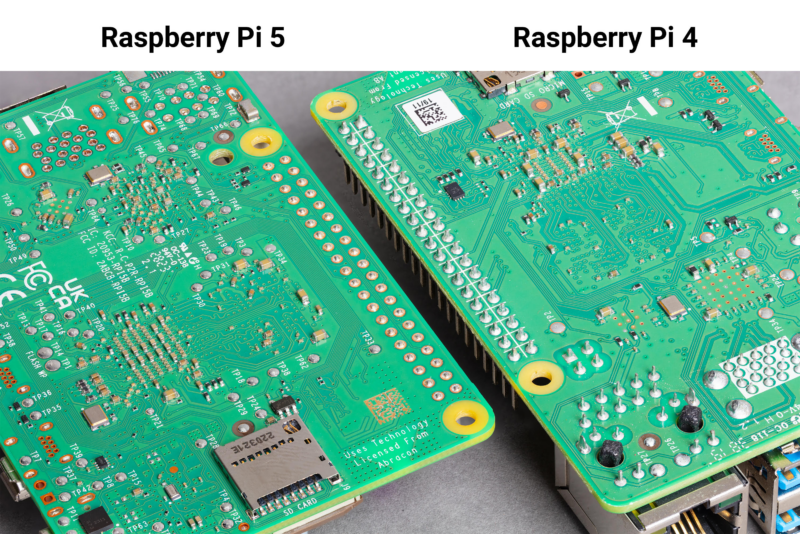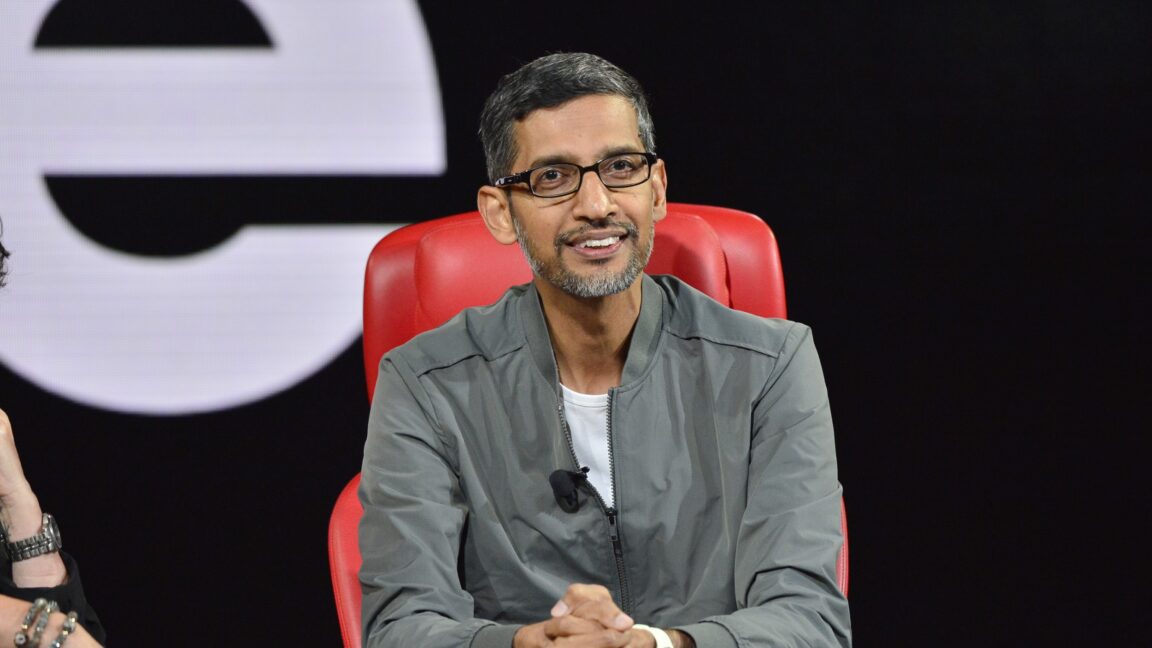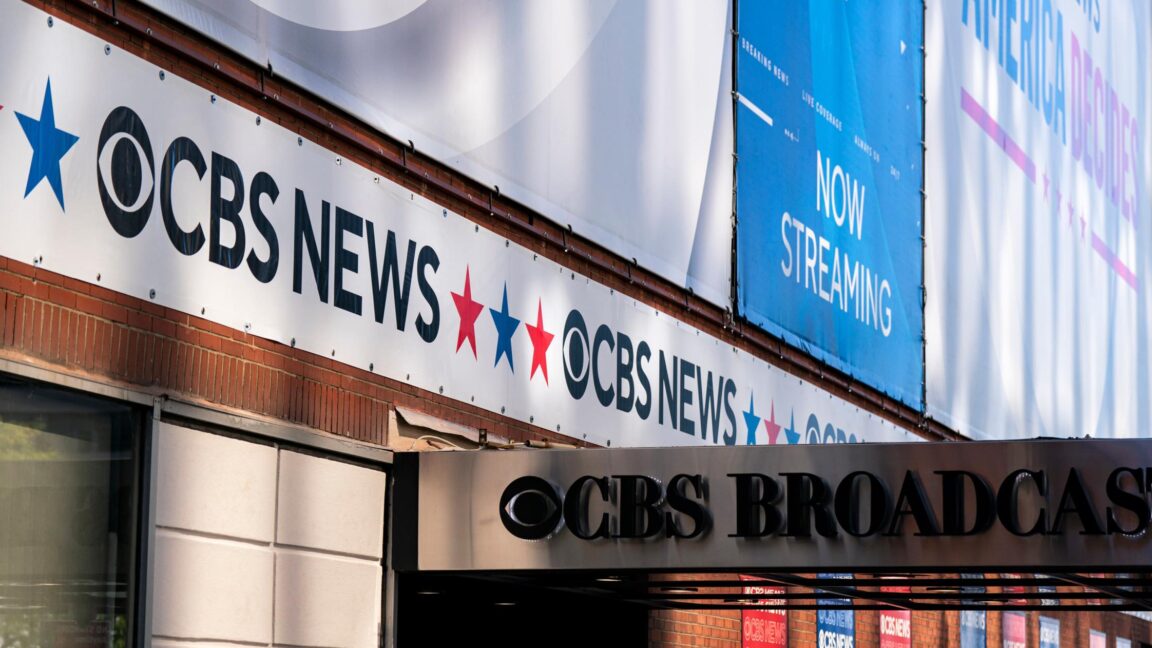Nadella and Zuckerberg: Microsoft and Meta see surge in AI-generated code at their own companies
Even Satya Nadella seemed taken aback by Mark Zuckerberg’s introduction of him Tuesday evening for their one-on-one chat at LlamaCon 2025. The Microsoft CEO is “the legend who is behind this great transformation of the greatest technology company of all time,” the Meta CEO declared shortly after they settled into their chairs. (“Thank you, Mark,” Nadella quietly interjected.) Flattery and hyperbole aside, their 30-minute discussion at Meta’s Menlo Park HQ highlighted numerous areas where the tech giants are aligned in this new era of AI, thanks in part to the complementary nature of their businesses. In that way, it seemed… Read More

Even Satya Nadella seemed taken aback by Mark Zuckerberg’s introduction of him Tuesday evening for their one-on-one chat at LlamaCon 2025.
The Microsoft CEO is “the legend who is behind this great transformation of the greatest technology company of all time,” the Meta CEO declared shortly after they settled into their chairs. (“Thank you, Mark,” Nadella quietly interjected.)
Flattery and hyperbole aside, their 30-minute discussion at Meta’s Menlo Park HQ highlighted numerous areas where the tech giants are aligned in this new era of AI, thanks in part to the complementary nature of their businesses.
In that way, it seemed to hint at the possibility of more collaboration in the future.
For all of Meta’s longtime aspirations to break into business technology, for example, Zuckerberg acknowledged the Facebook parent company’s struggles in this area when framing one of his questions: “You guys are in this great enterprise business, and we don’t have as much visibility into this,” he said to Nadella.
AI in internal software development: But judging from the headlines, the big news out of the talk seemed to be Nadella’s response to the question of how much of Microsoft’s code is AI-generated.
“I’d say maybe 20, 30% of the code that is inside of our repos today, and some of our projects, are probably all written by software,” Nadella said.
Zuckerberg said he didn’t have a comparable number for Meta, the Facebook parent company, but indicated that it’s on a similar path with development of Llama, the company’s open-source large language models.
“Our bet is sort of that in the next year, probably, I don’t know, maybe half the development is going to be done by AI as opposed to people, and then that will just kind of increase from there,” Zuckerberg said.
The two CEOs didn’t directly address the potential impact of these trends on their engineering workforces. Microsoft, in its annual Work Trend Index report released last week, said it envisions a future where every worker becomes an “agent boss,” managing fleets of AI agents.
Satya’s long view: Speaking with Zuckerberg, Nadella compared AI to some of the biggest tech transitions of the past — like the rise of the web, mobile, and cloud computing. As in those prior shifts, he said, the industry is now rethinking the entire technology stack, reinventing tools, systems, and infrastructure.
But with AI, he explained, everything seems to be improving at the same time — faster chips, smarter software, better models, and improved prompt techniques. Because of that, AI is getting cheaper and more powerful, and companies are using it more and more.
That’s opening the door for a new generation of apps powered by multiple AI systems working together. Instead of one big model doing everything, these apps can now use different agents coordinating through shared protocols.
Open source and model distillation: Microsoft, Nadella said, supports both open and closed AI models, based on customer demand. Open models have key advantages, he noted, especially when companies want to fine-tune AI using their own data.
Nadella also talked about Microsoft’s vision for what he called a “distillation factory,” a way to take large, general-purpose AI models and shrink them into smaller, task-specific versions that are easier and cheaper to run.
He said Microsoft wants to make this process accessible through its cloud infrastructure, allowing Microsoft 365 customers to create their own lightweight AI agents tailored to their specific workflows. Distillation, he noted, is one of the most powerful use cases for open-source models.
Watch the full video of the talk above, via the Associated Press.
Microsoft reports quarterly earnings later today, promising to offer further insight into how AI is reshaping its business.




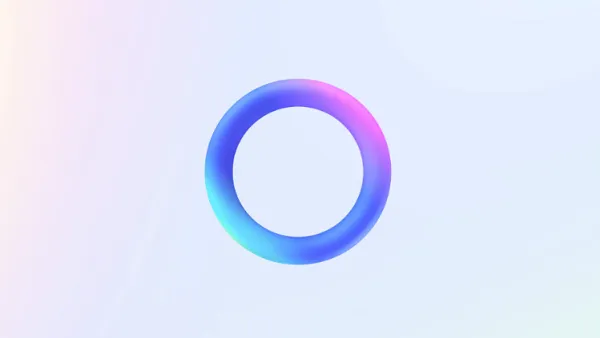
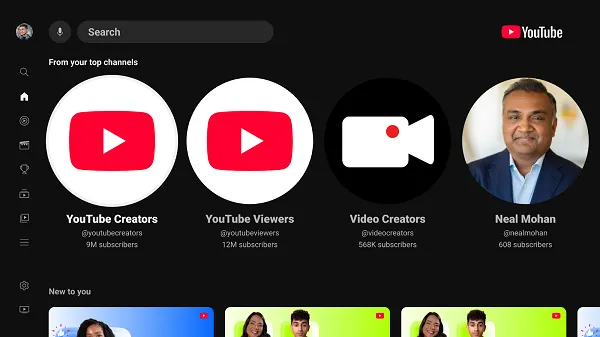
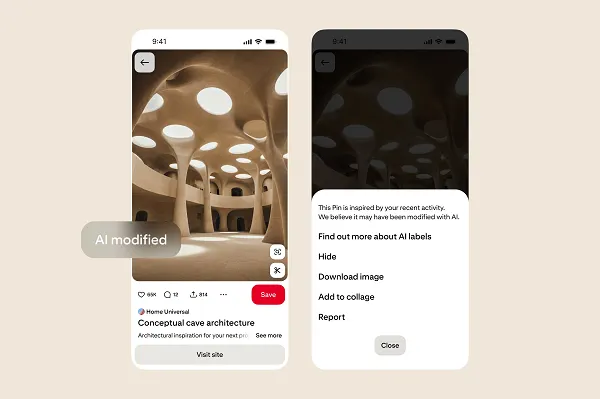


















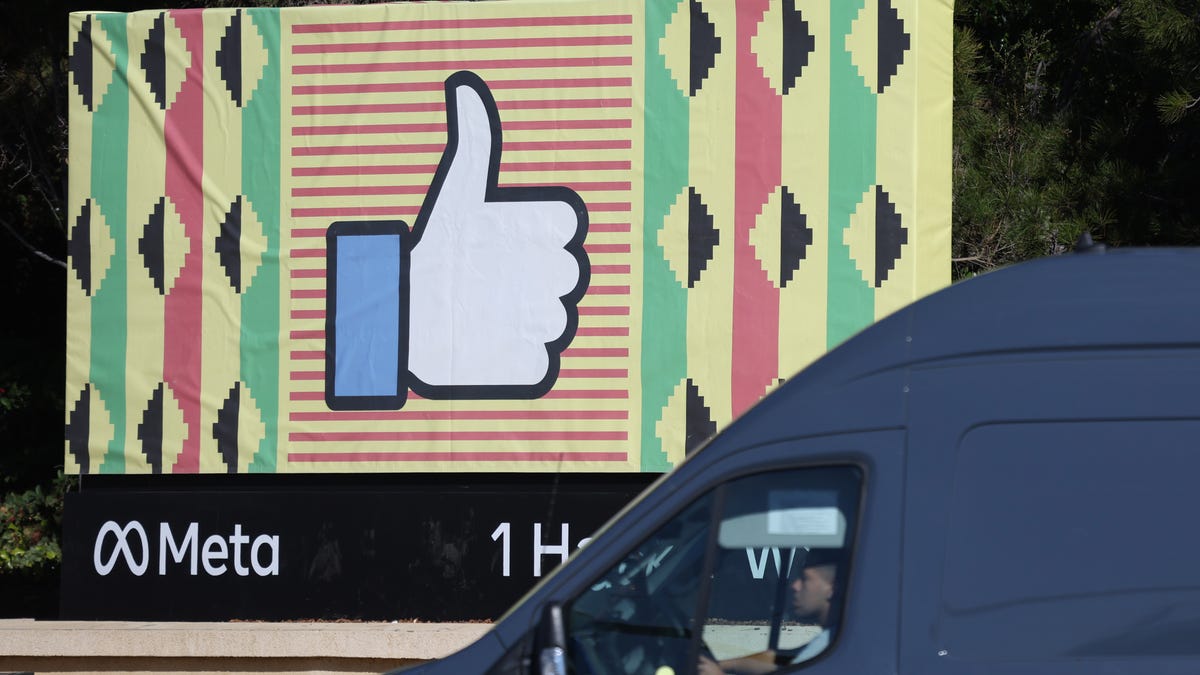




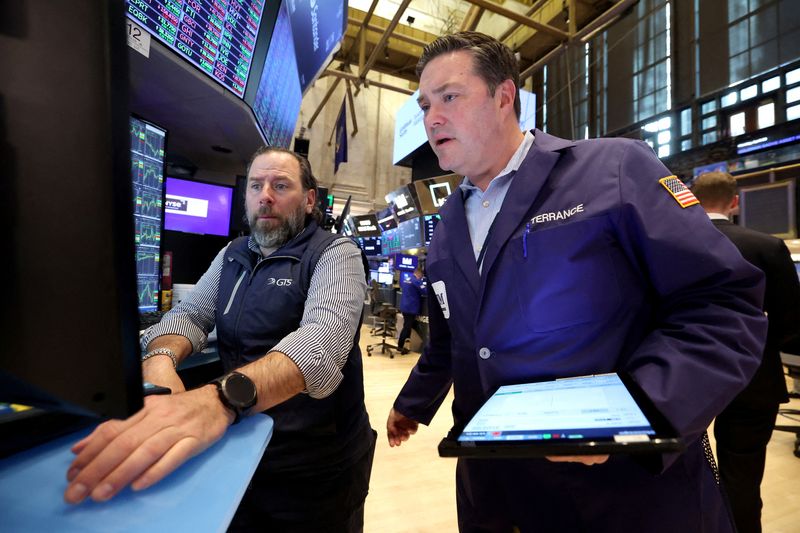









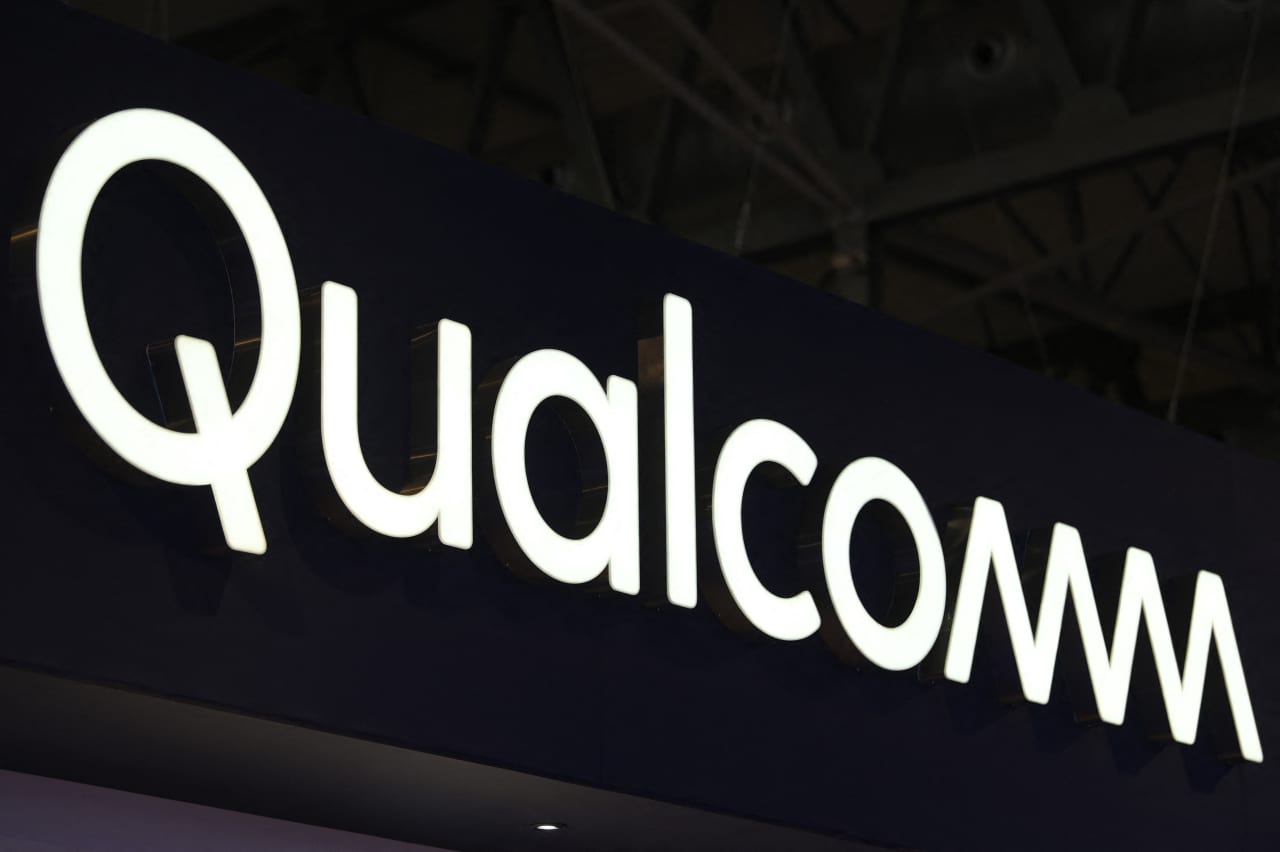

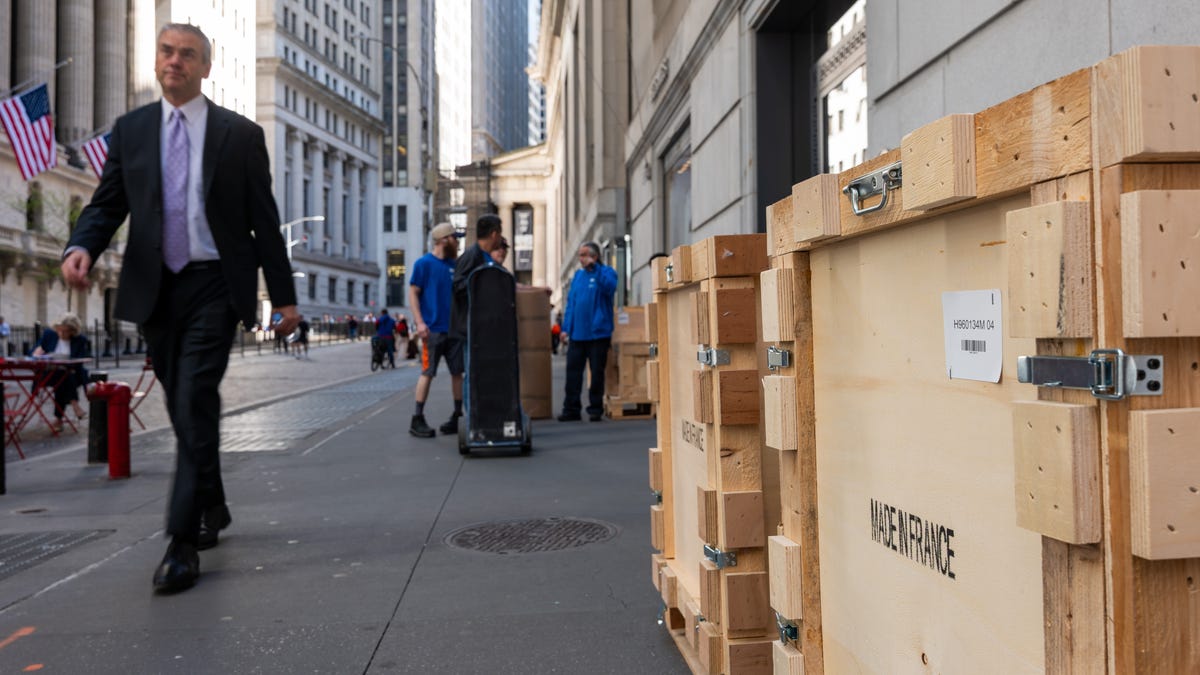
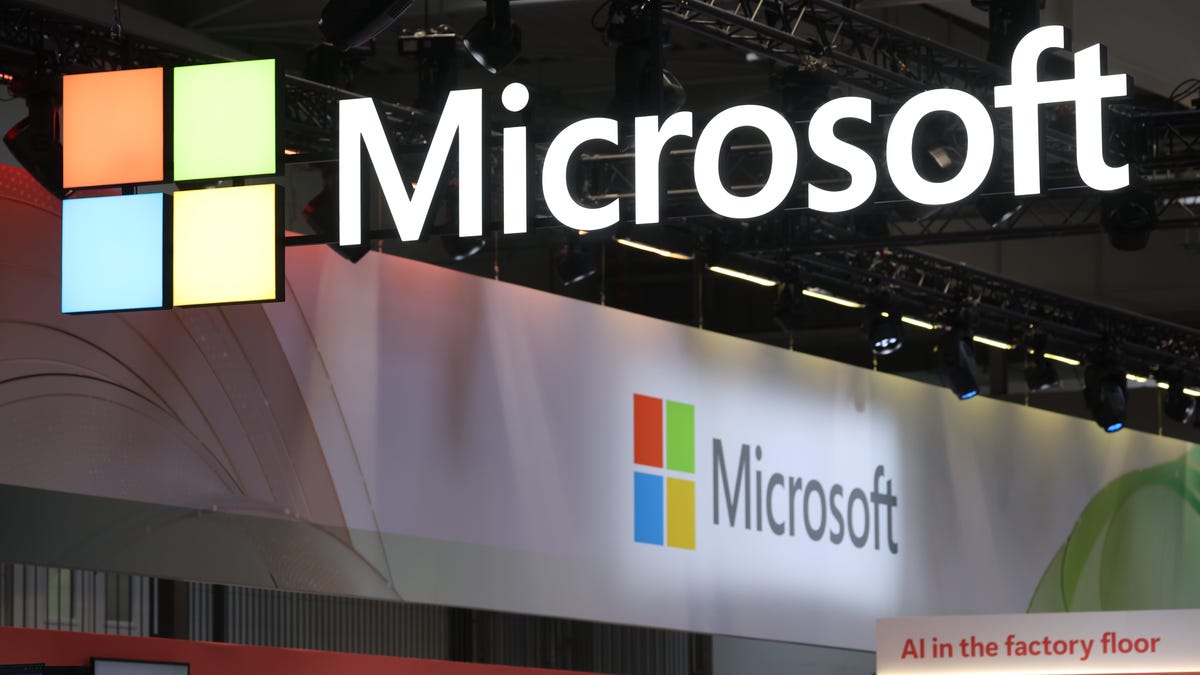



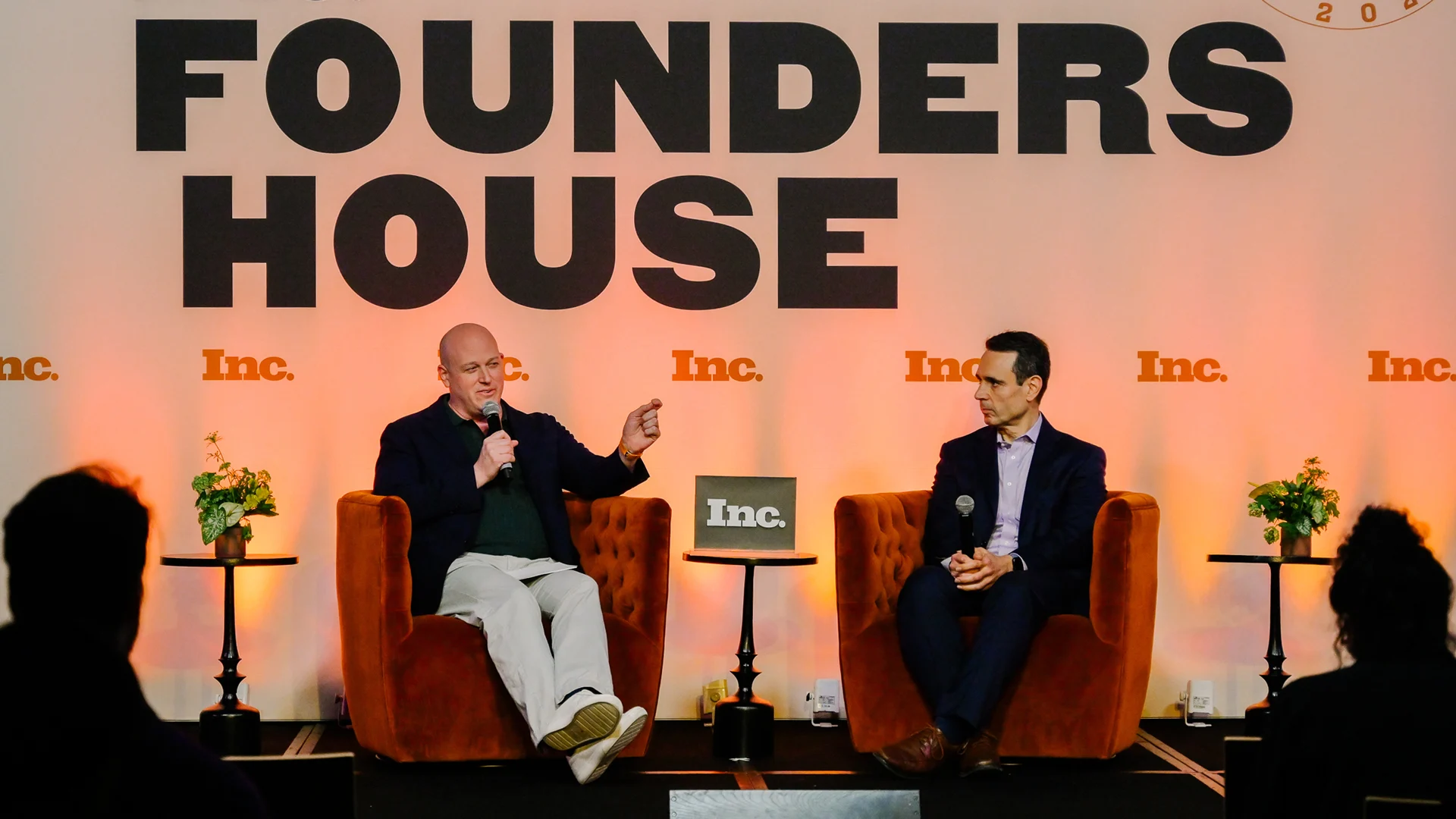





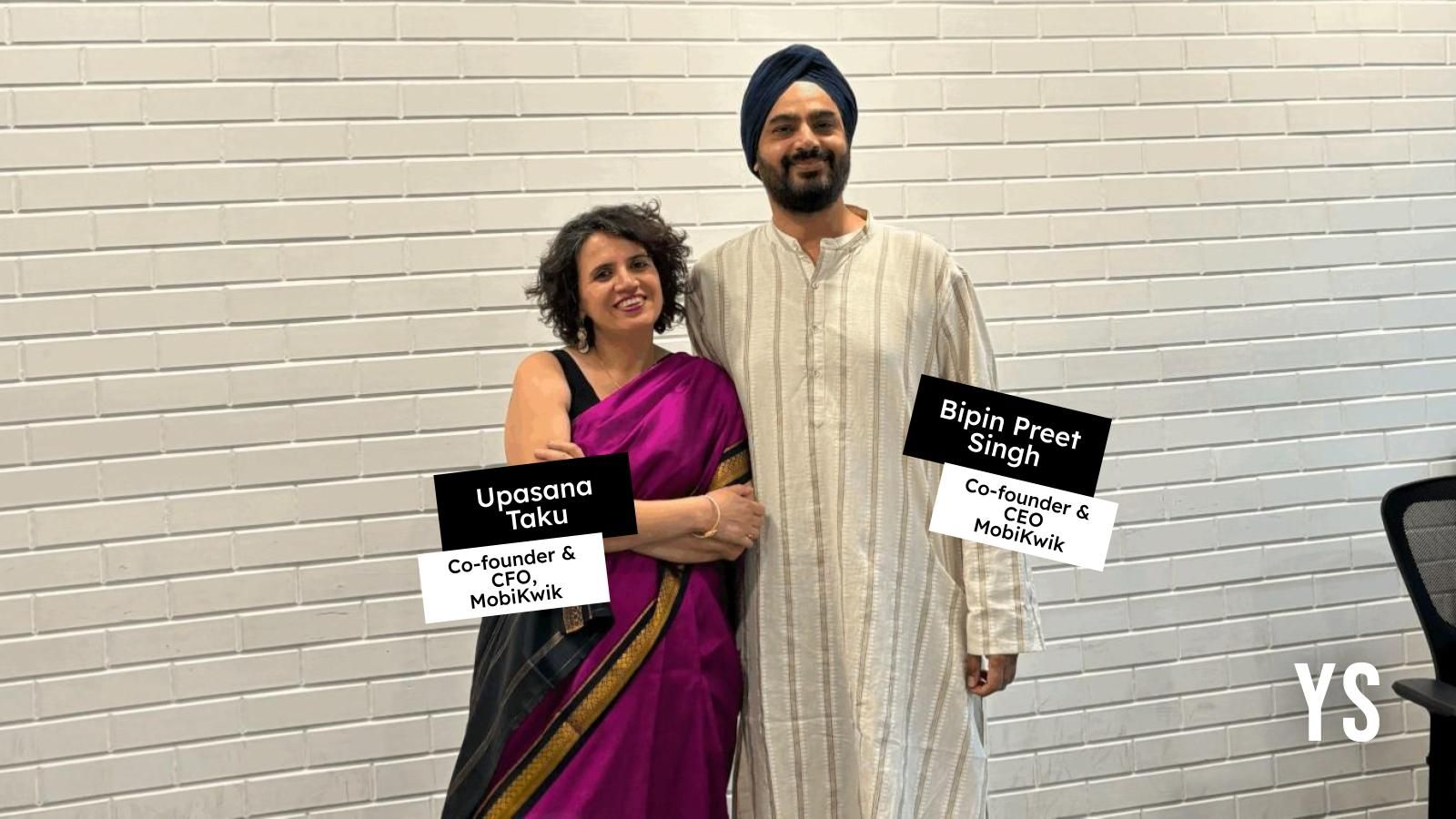

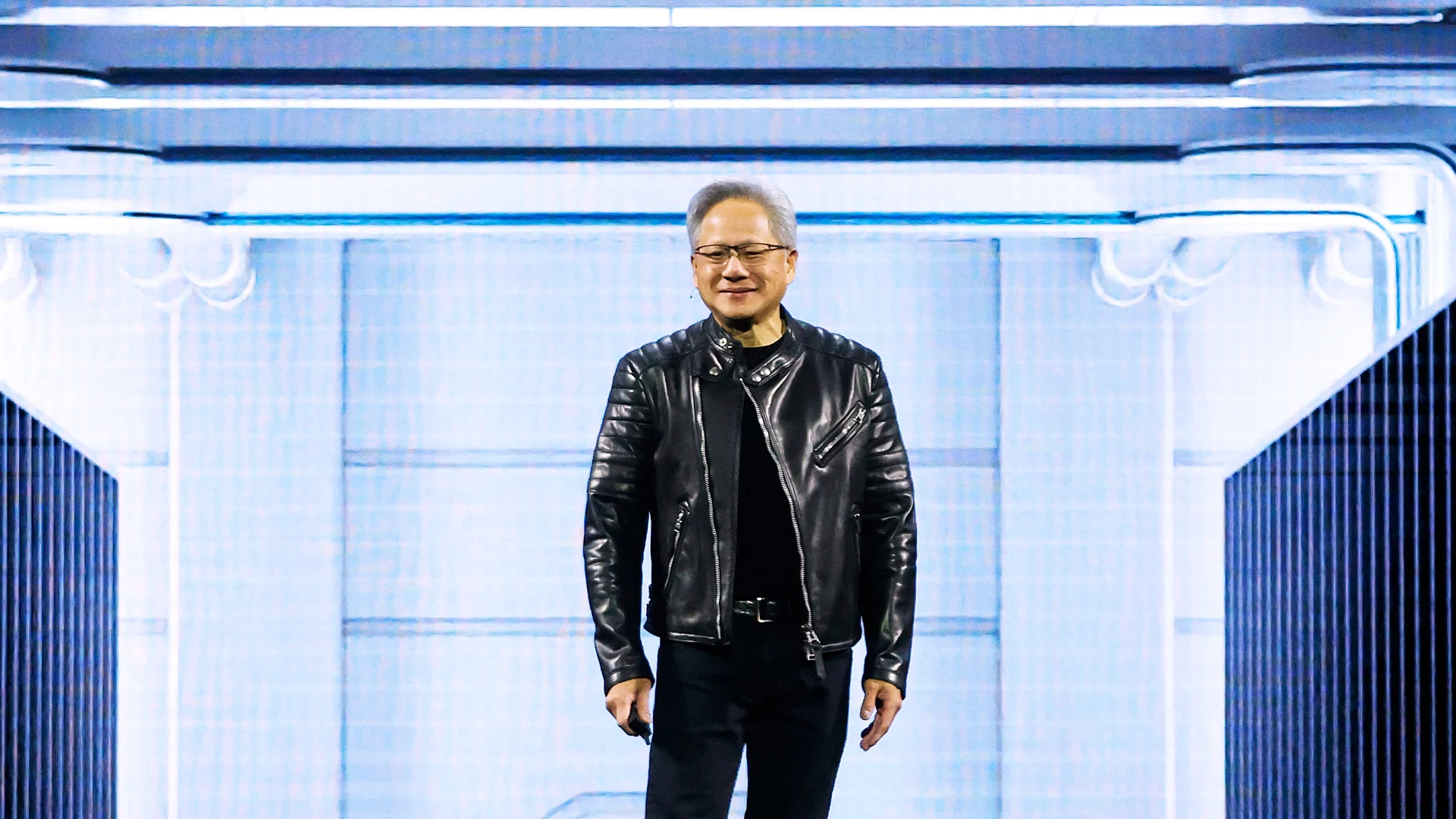
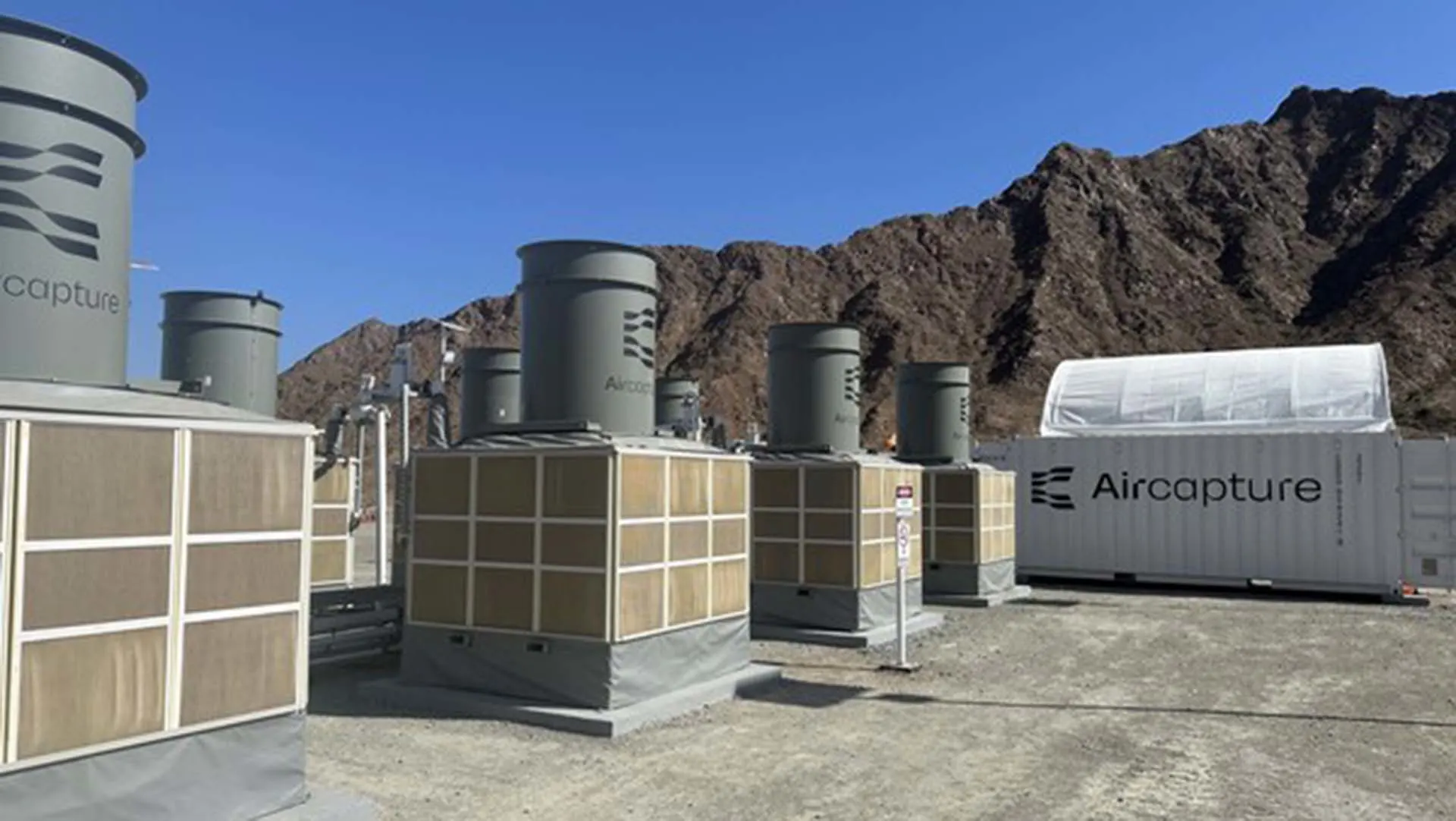

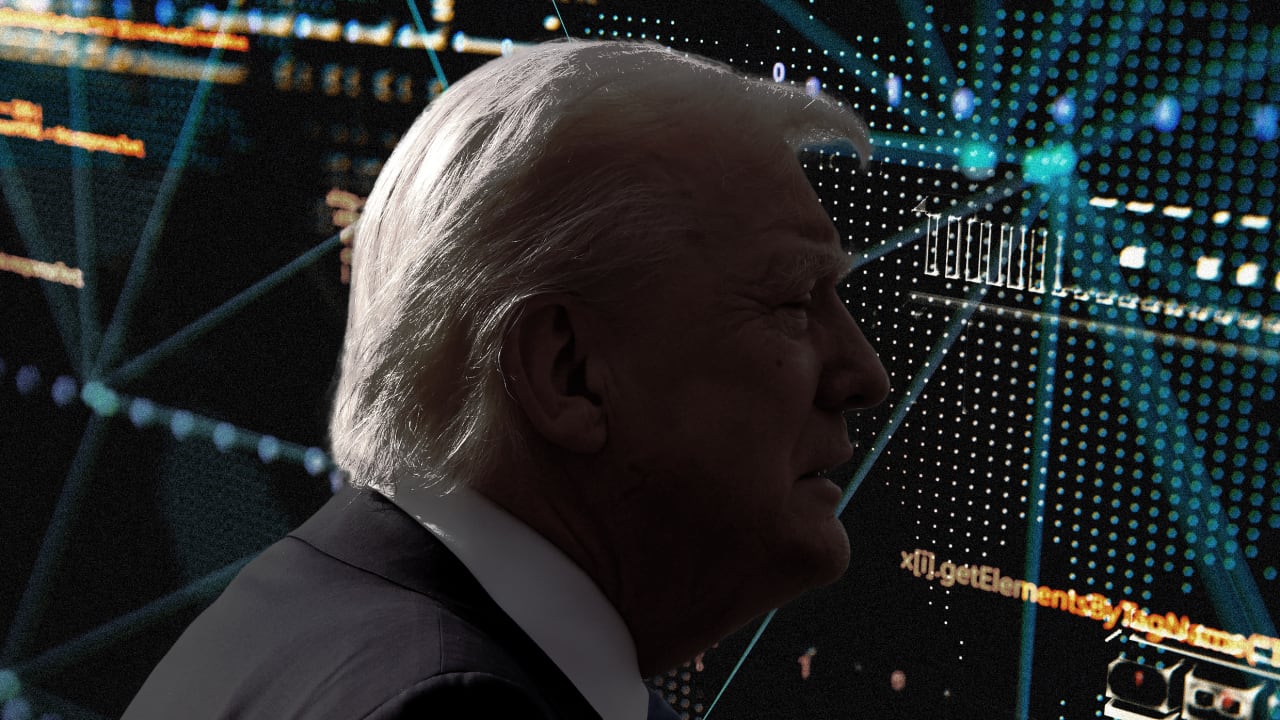









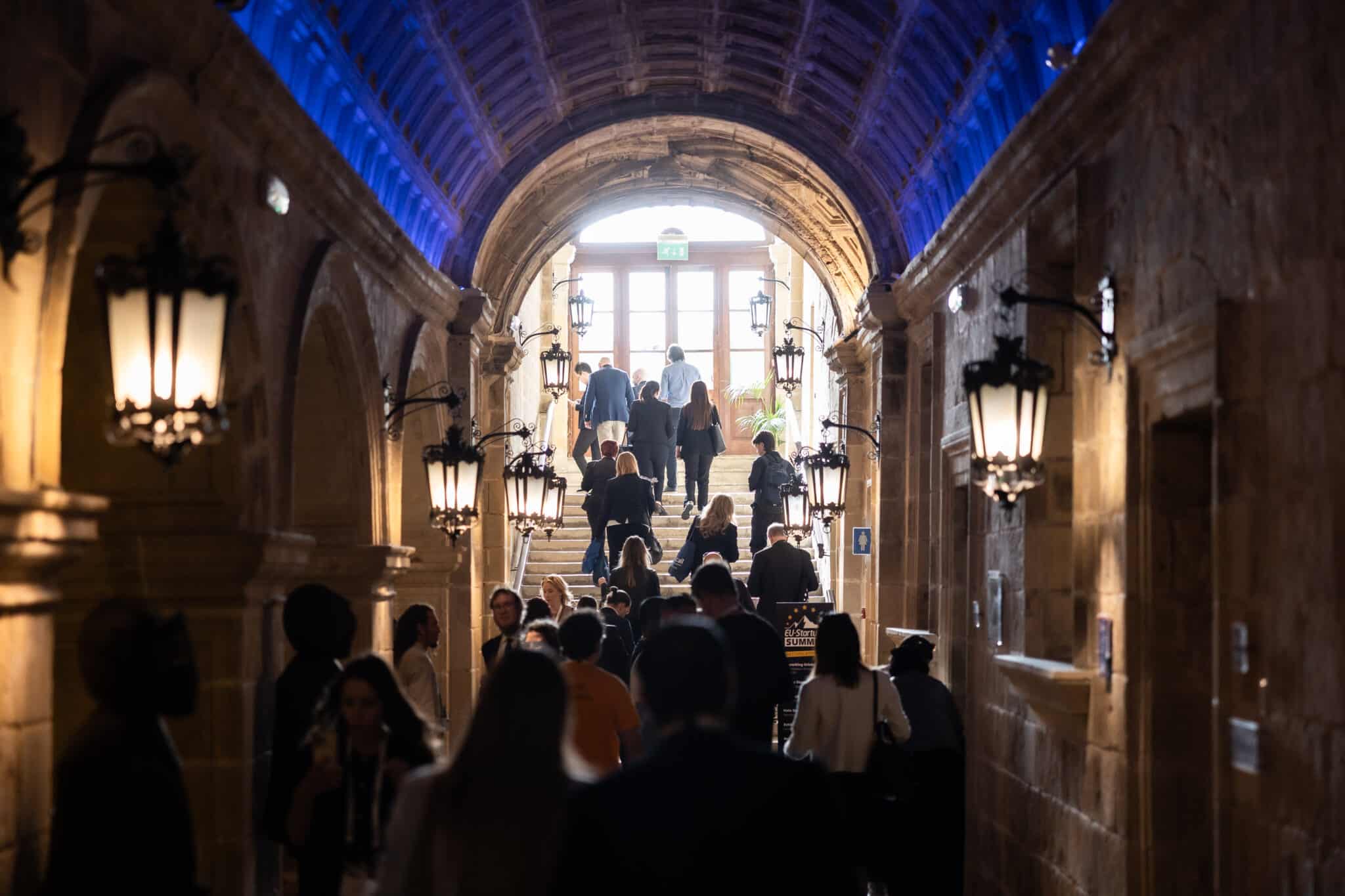
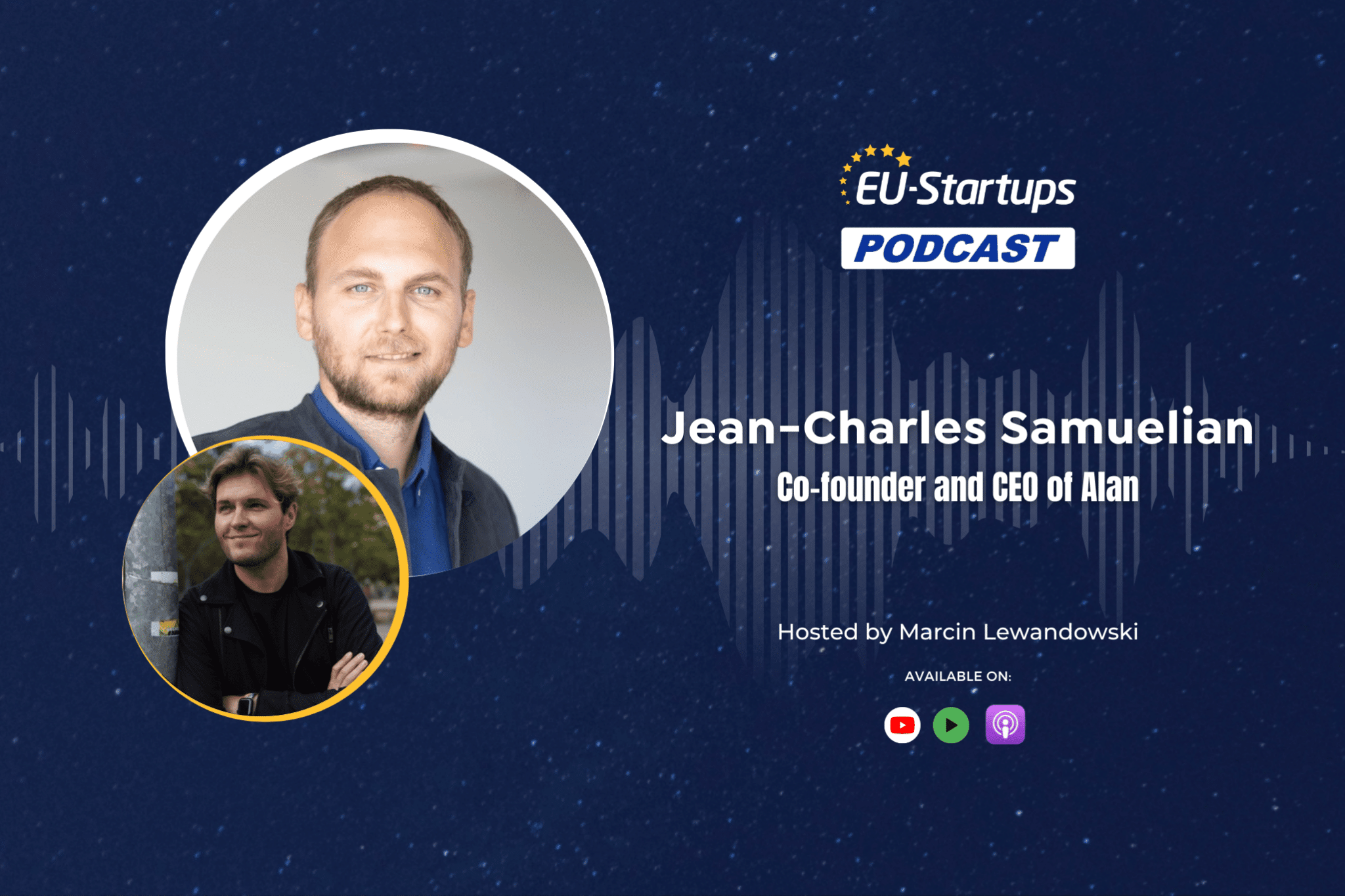
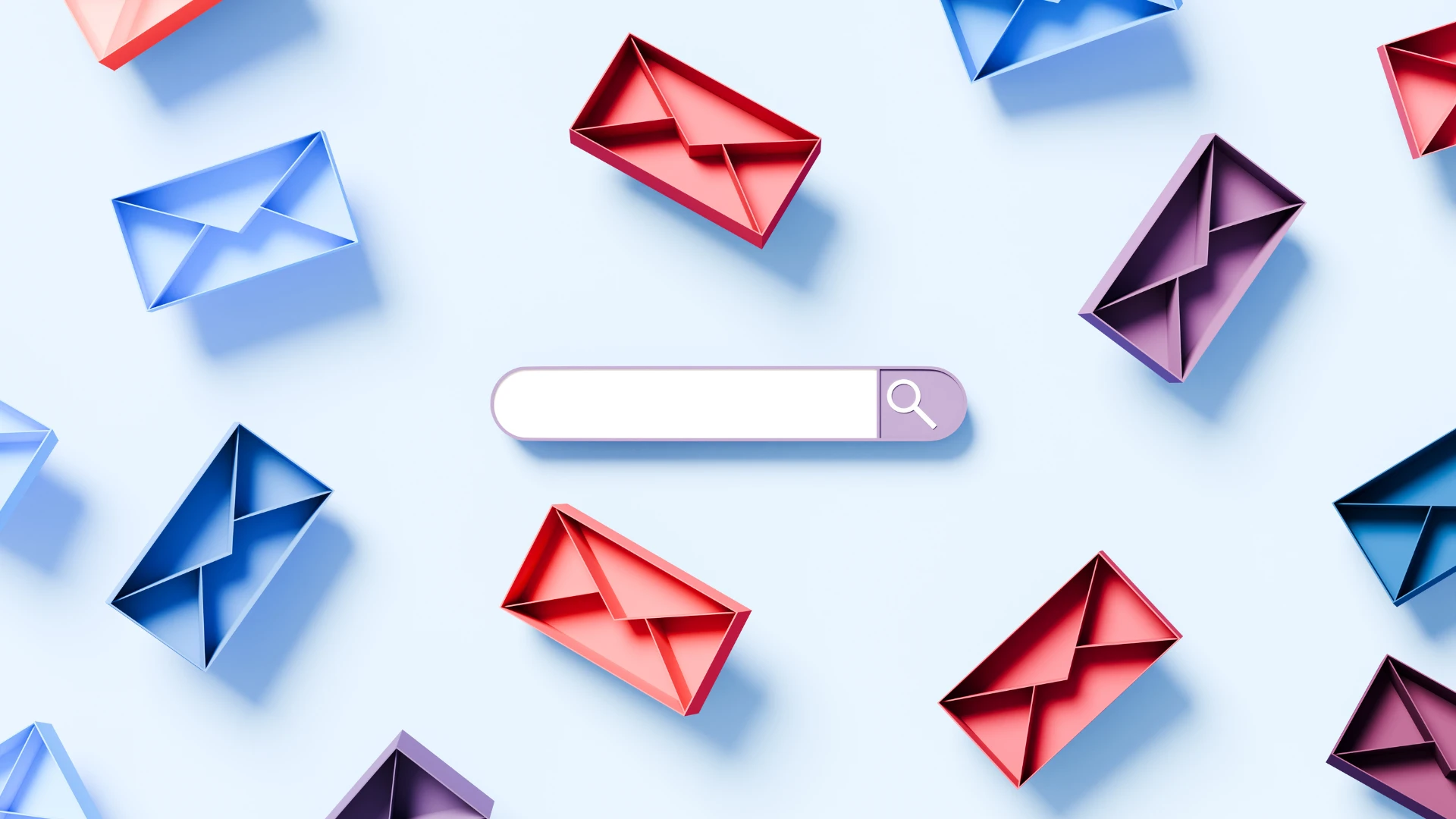

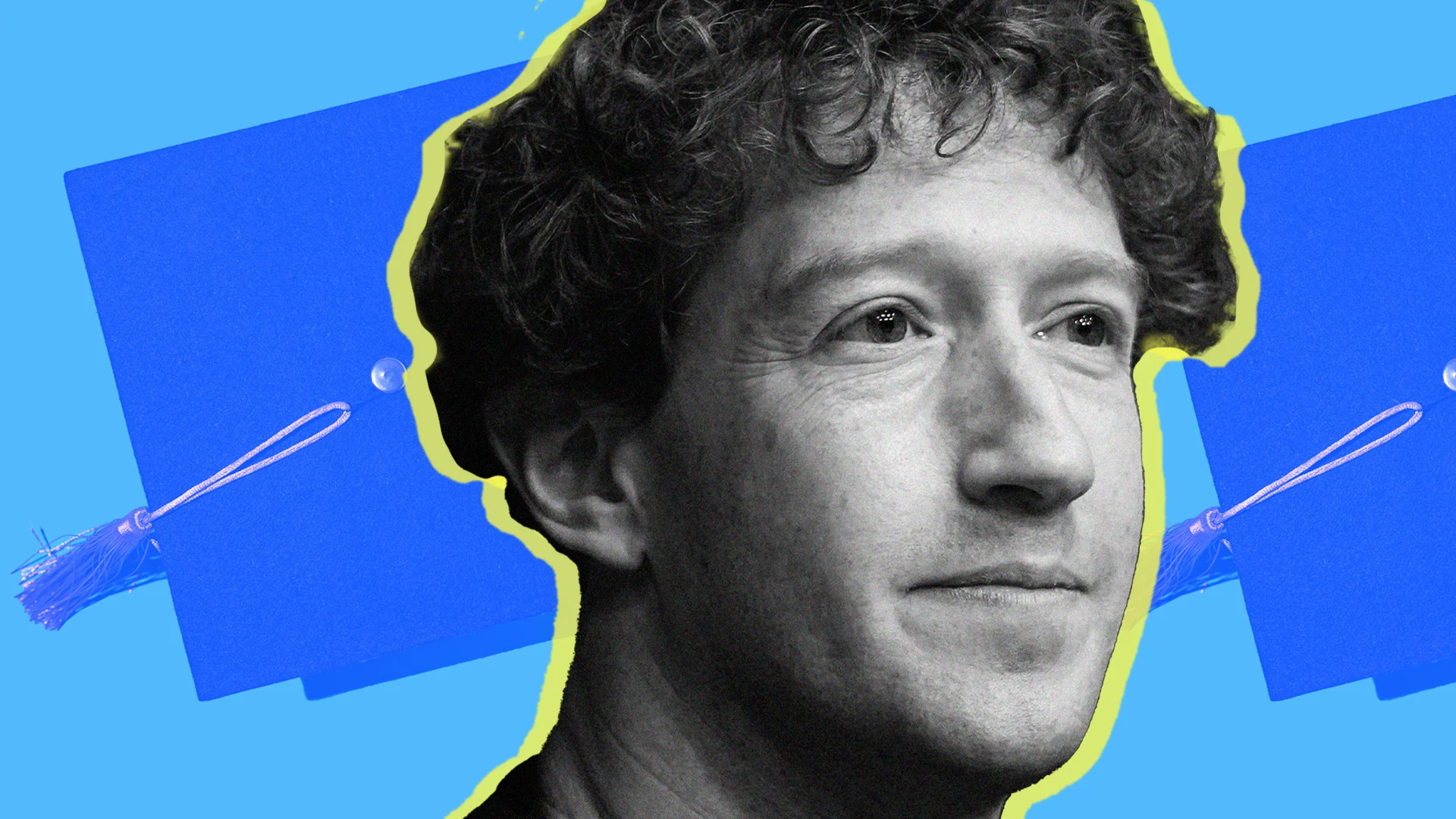










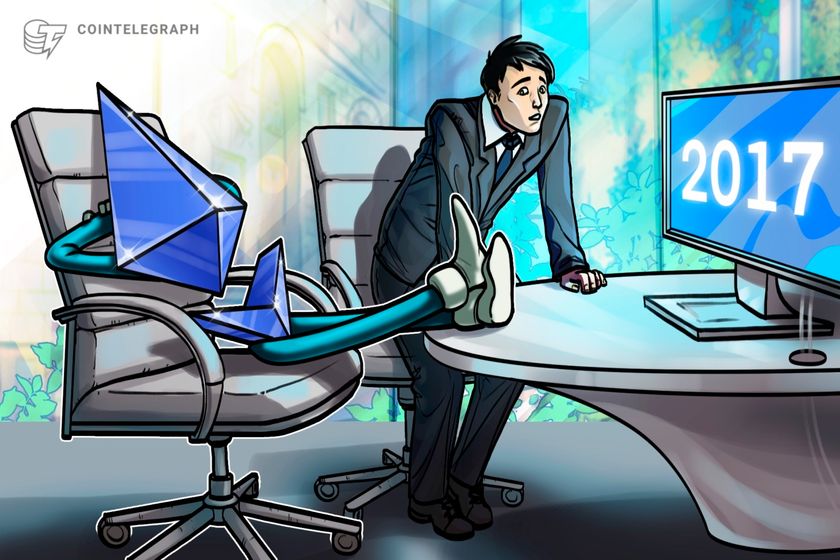

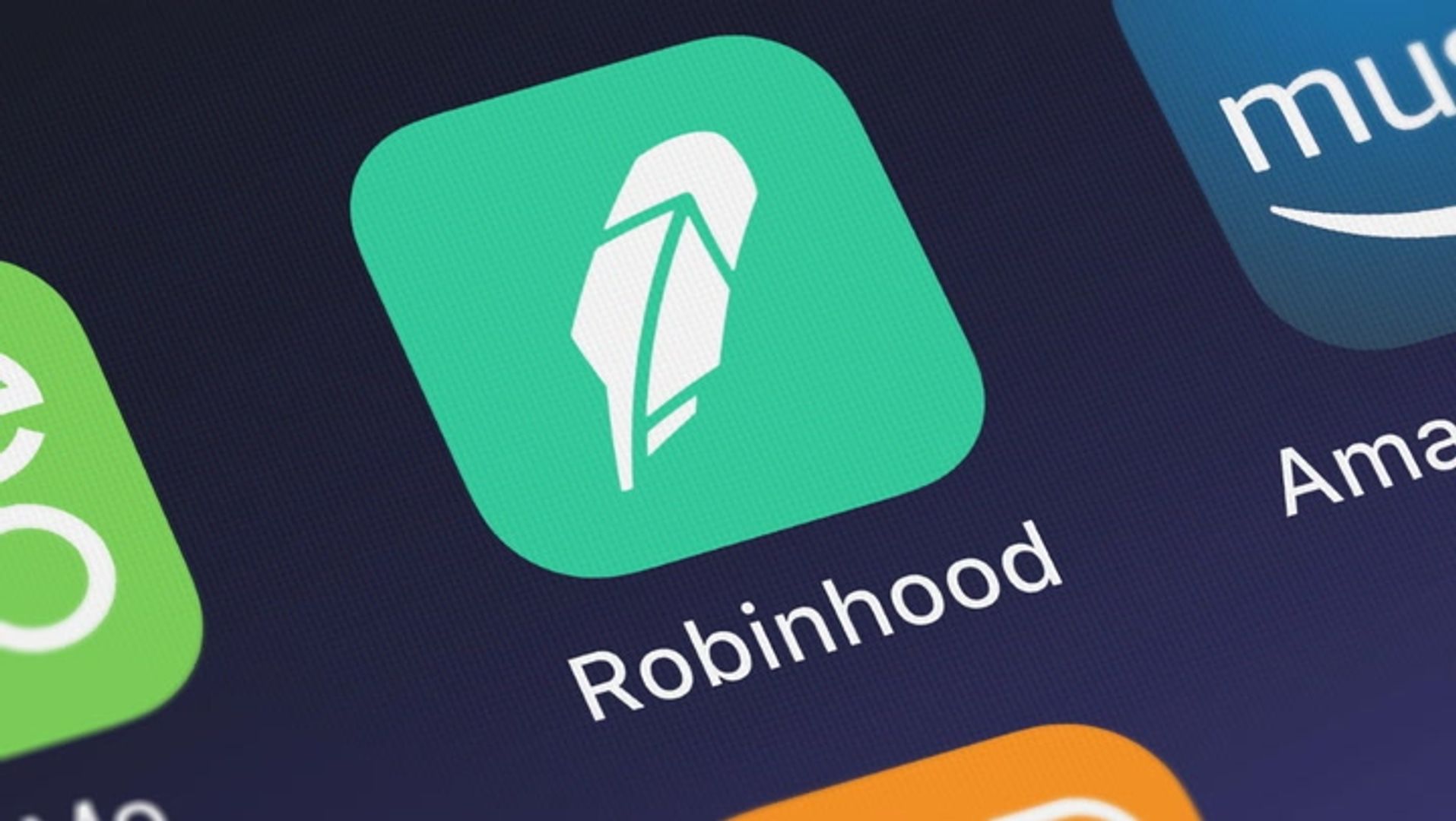






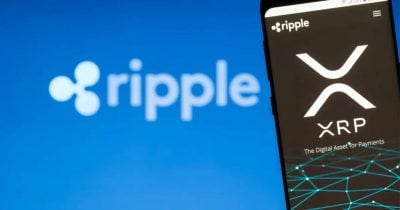
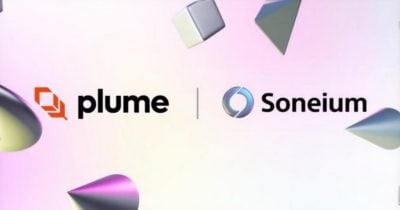

















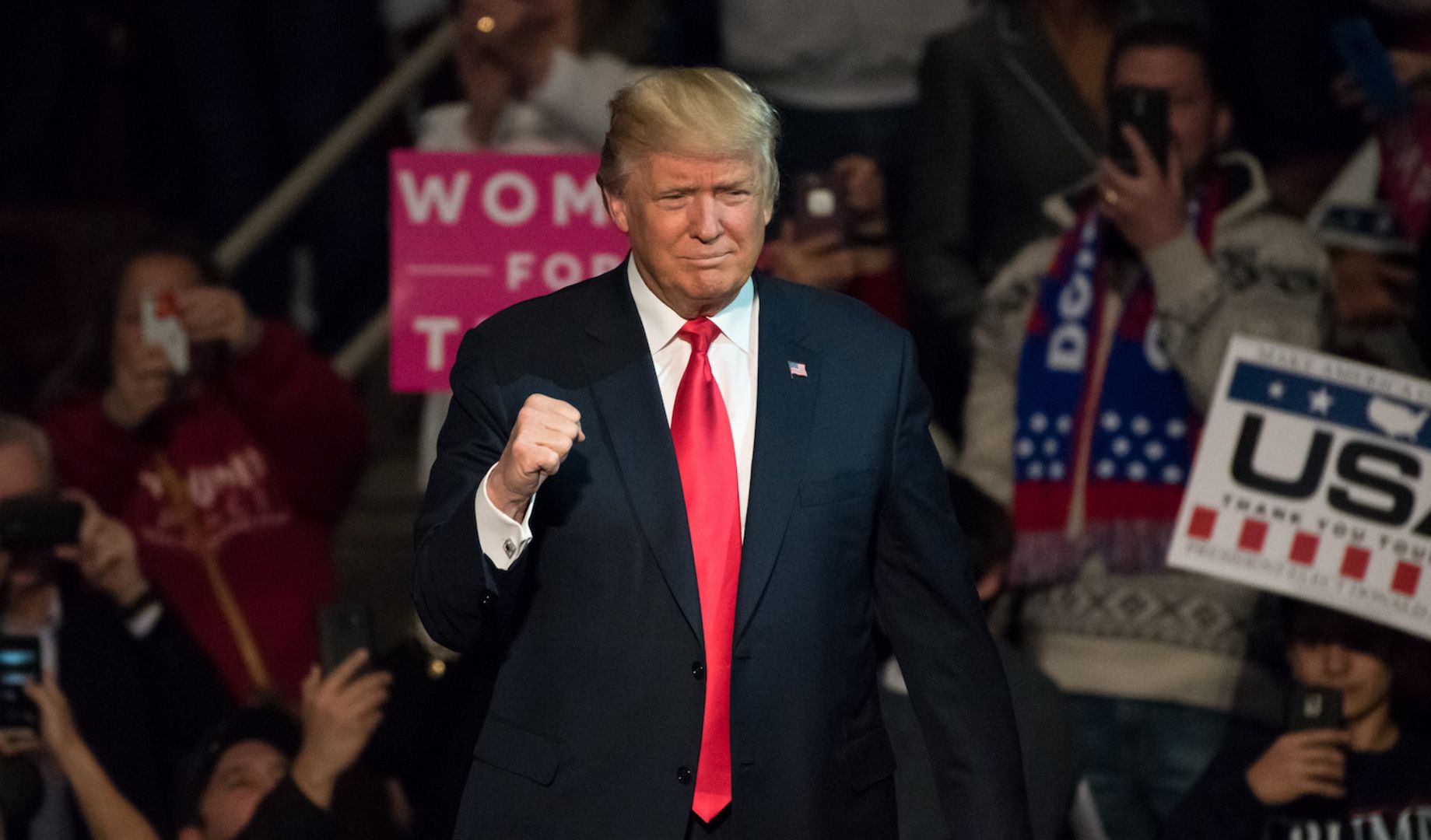
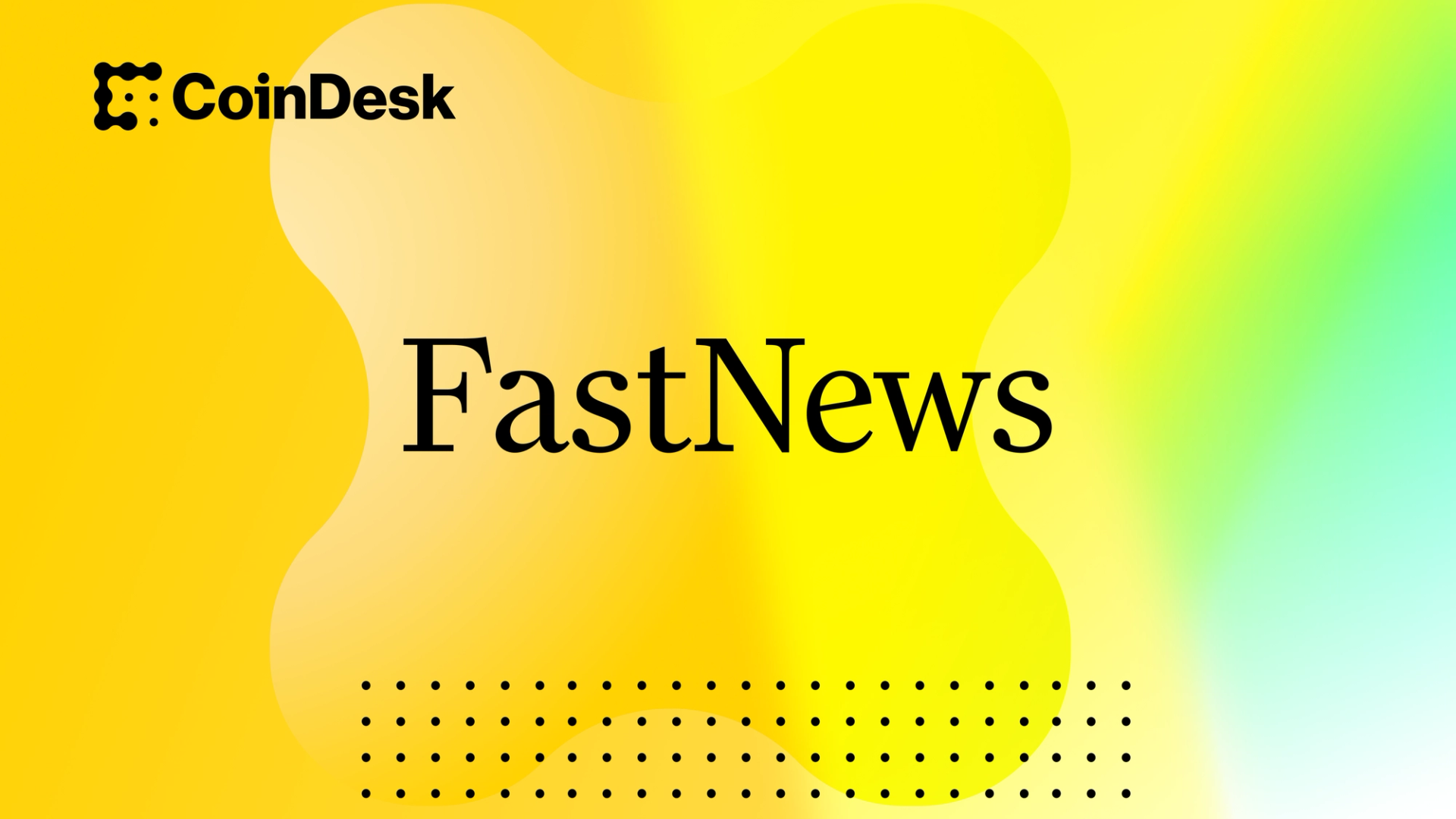
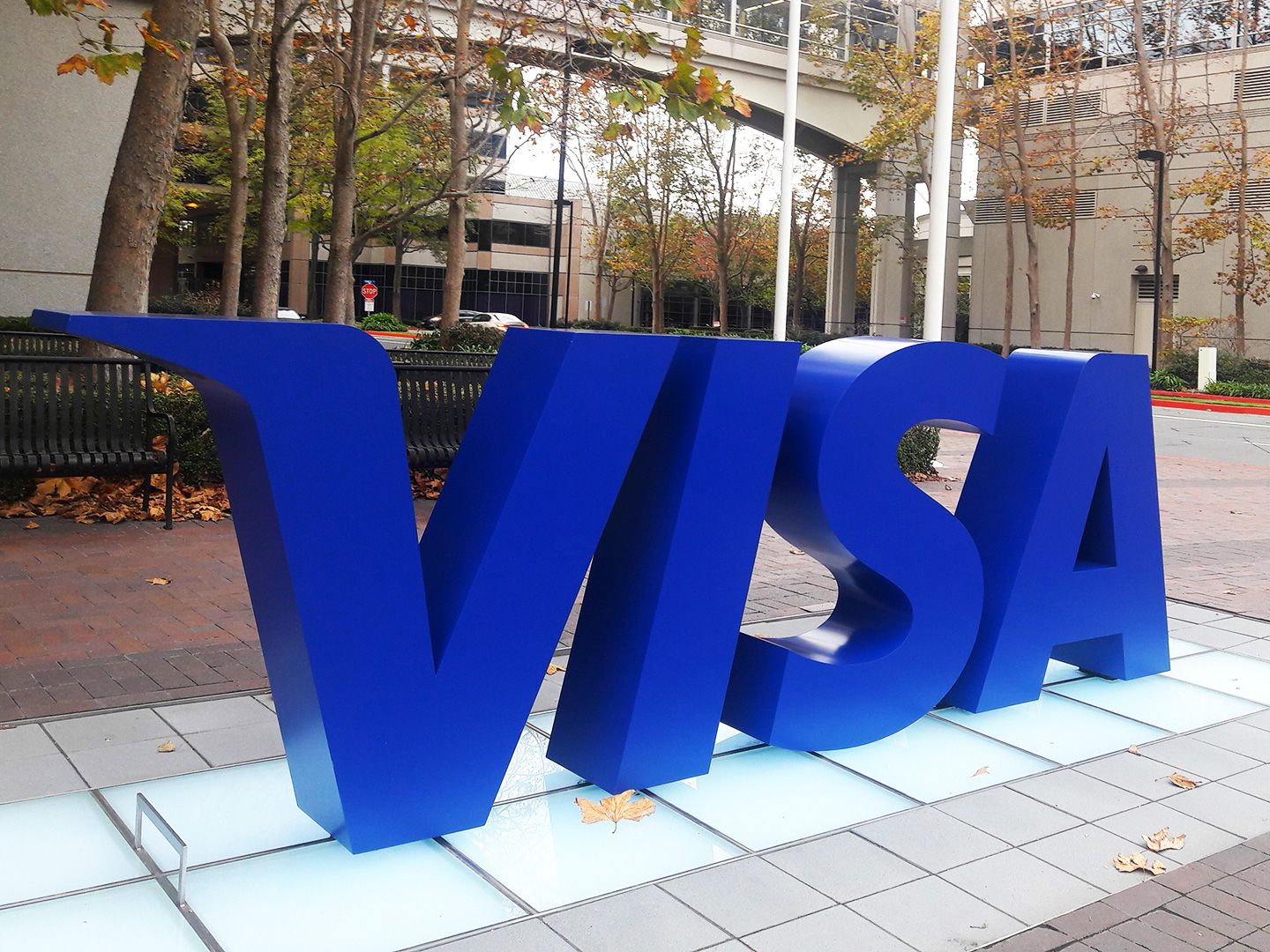















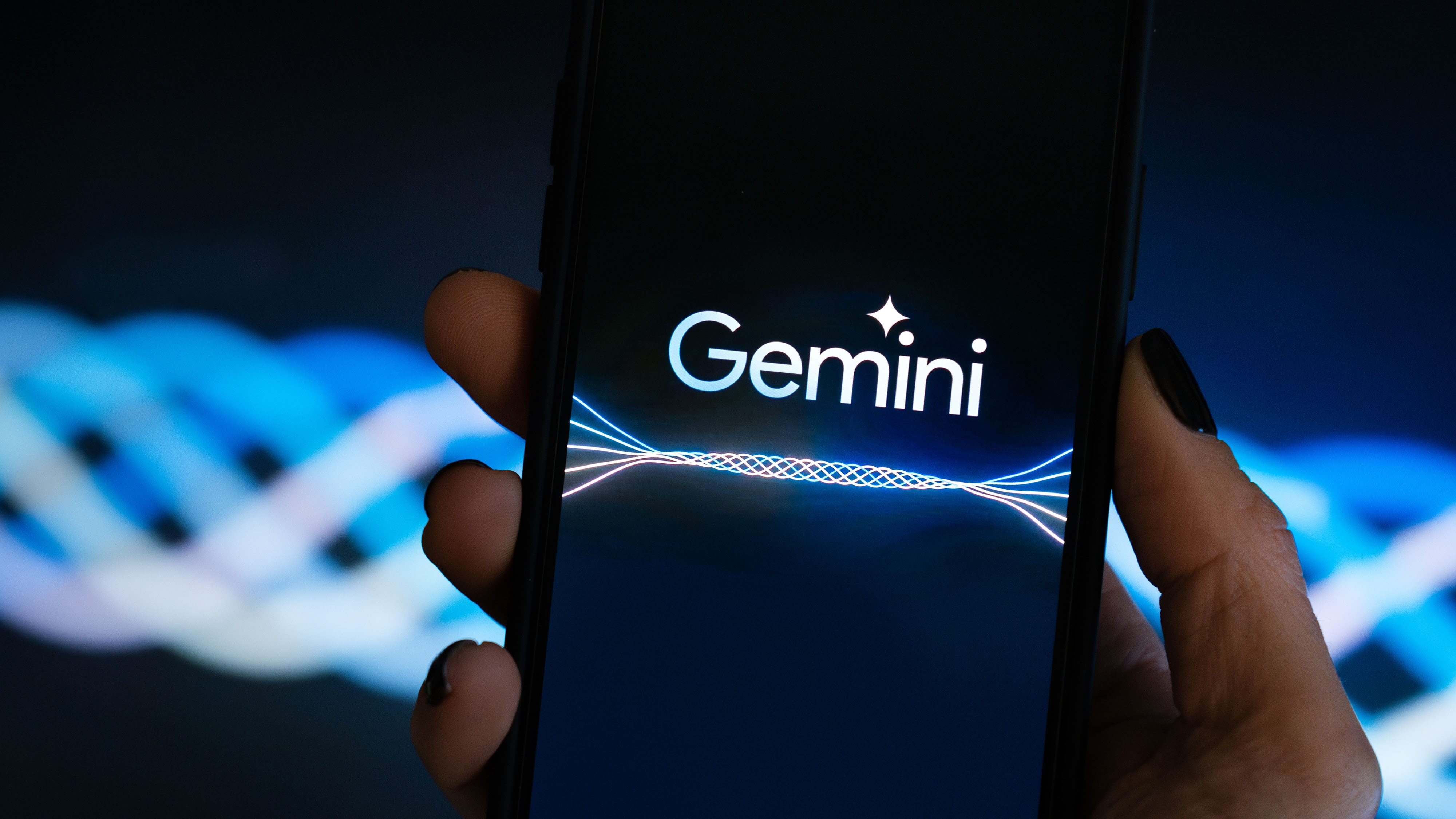
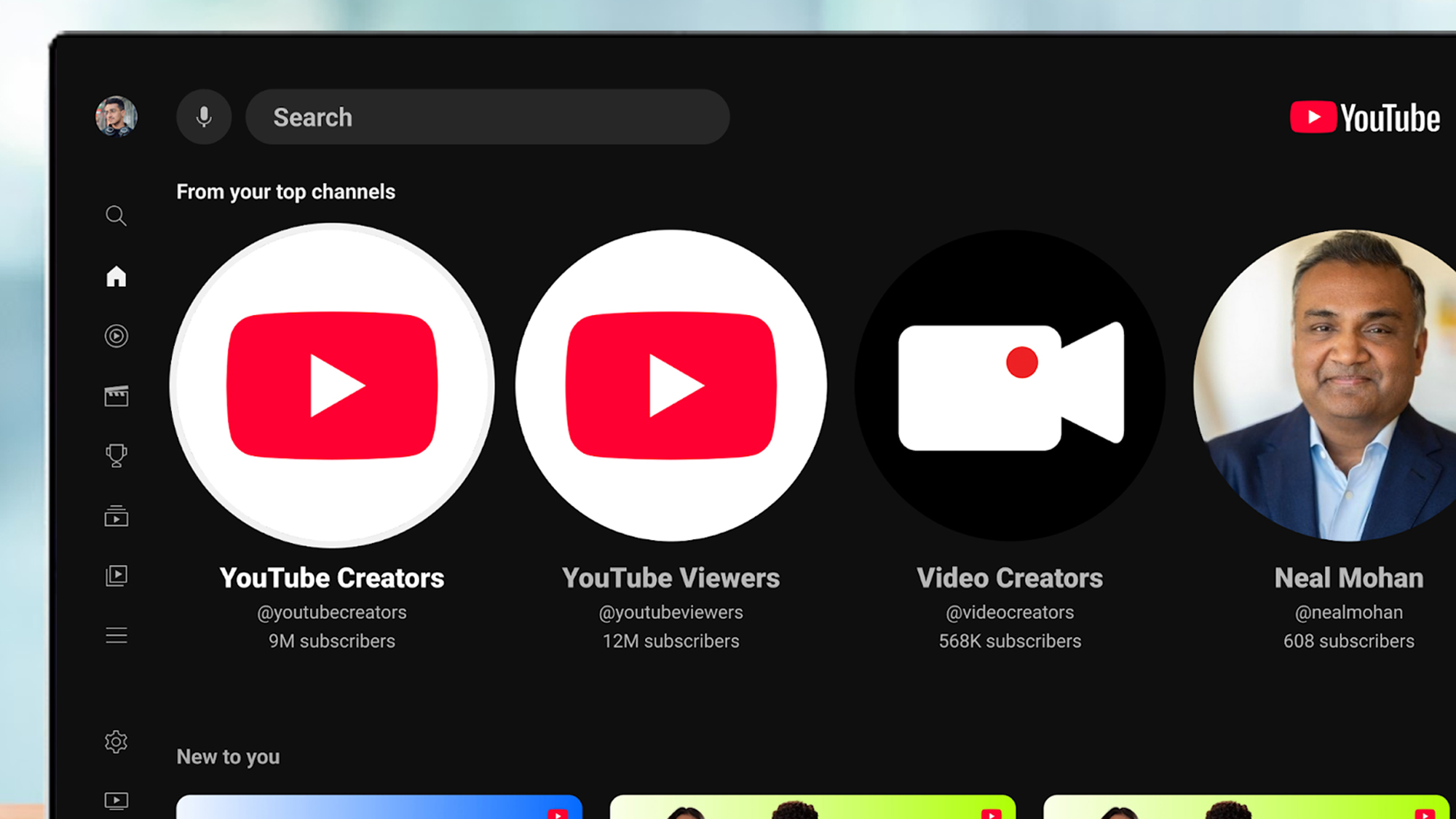
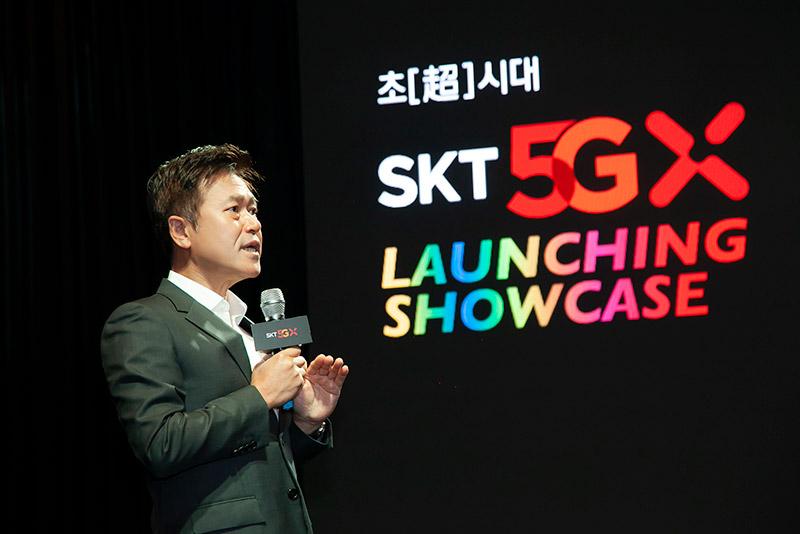










![[Free Webinar] Guide to Securing Your Entire Identity Lifecycle Against AI-Powered Threats](https://blogger.googleusercontent.com/img/b/R29vZ2xl/AVvXsEjqbZf4bsDp6ei3fmQ8swm7GB5XoRrhZSFE7ZNhRLFO49KlmdgpIDCZWMSv7rydpEShIrNb9crnH5p6mFZbURzO5HC9I4RlzJazBBw5aHOTmI38sqiZIWPldRqut4bTgegipjOk5VgktVOwCKF_ncLeBX-pMTO_GMVMfbzZbf8eAj21V04y_NiOaSApGkM/s1600/webinar-play.jpg?#)

































